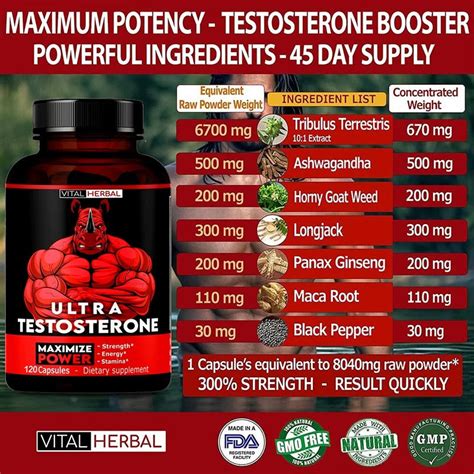What macros boost testosterone & energy for elite performance?

The Macronutrient Blueprint for Peak Athleticism
For athletes striving for elite performance, nutrition is not just fuel; it’s a strategic advantage. Beyond simply counting calories, understanding how macronutrients—carbohydrates, proteins, and fats—influence critical physiological processes like testosterone production and sustained energy levels can be a game-changer. Tailoring your macro intake can optimize hormone balance, enhance recovery, and unlock your full athletic potential.

Carbohydrates: The Powerhouse for Sustained Energy
Often misunderstood, carbohydrates are the primary energy source for high-intensity exercise and crucial for recovery. For elite performance, adequate carbohydrate intake is vital for replenishing muscle glycogen stores, preventing fatigue, and maintaining cognitive function during prolonged exertion. Furthermore, sufficient carb intake helps manage cortisol levels, a stress hormone that, when chronically elevated, can suppress testosterone production.
Focus on complex carbohydrates like whole grains, fruits, and vegetables, especially around training windows. Post-workout, a rapid intake of simple carbohydrates can accelerate glycogen replenishment and kickstart the recovery process, indirectly supporting a hormonal environment conducive to performance and muscle repair.
Proteins: Building Blocks and Hormonal Support
Protein is indispensable for muscle repair, growth, and adaptation, all of which are foundational for elite performance. Amino acids, the components of protein, are not only vital for synthesizing muscle tissue but also play a role in the production of various hormones, including those involved in the testosterone pathway.
Athletes require higher protein intake than sedentary individuals to support their training demands. Aim for a consistent supply of high-quality protein sources throughout the day, such as lean meats, poultry, fish, eggs, dairy, and plant-based proteins like legumes and tofu. Distributing protein intake evenly can optimize muscle protein synthesis and recovery, creating a positive anabolic environment.

Fats: Essential for Hormone Production and Overall Health
Dietary fats are perhaps the most critical macronutrient for testosterone production. Cholesterol, a precursor to testosterone and other steroid hormones, is derived directly from dietary fats. Restricting fat intake too severely can lead to a significant drop in testosterone levels, negatively impacting performance, recovery, and overall well-being.
Prioritize healthy fats, including monounsaturated fats (avocado, olive oil, nuts) and polyunsaturated fats, especially omega-3 fatty acids (fatty fish, flaxseeds, walnuts). Saturated fats, in moderation from sources like red meat and coconut oil, also contribute to cholesterol synthesis. A balanced intake of various healthy fats is key to maintaining optimal hormone profiles and providing a dense energy source for endurance.

Balancing Your Macros for Optimal Results
There isn’t a single ‘perfect’ macro ratio; individual needs vary based on training intensity, sport, body composition goals, and genetic factors. However, general guidelines suggest a carbohydrate intake ranging from 45-60% of total calories, protein from 20-35%, and fats from 20-35%. Elite athletes often find success by adjusting these ratios to match specific training phases—higher carbs during intense training blocks, slightly higher fats for hormone support, and consistent protein for recovery.
Monitoring your energy levels, recovery rate, and overall well-being is crucial. Experimenting with different macro distributions under the guidance of a sports nutritionist can help you discover the optimal balance that maximizes your testosterone levels, energy, and ultimately, your elite performance.

Beyond Macros: The Holistic Approach
While macronutrients are foundational, remember they are part of a larger picture. Micronutrients (vitamins and minerals), adequate sleep, stress management, and consistent, appropriate training all interact with your macro intake to influence testosterone and energy. A holistic approach that integrates all these elements will provide the most profound and sustainable benefits for elite performance.
By strategically adjusting your intake of carbohydrates, proteins, and fats, you can create a powerful nutritional foundation that not only fuels your body for peak performance but also supports the hormonal balance necessary for sustained success at the highest levels of sport.









